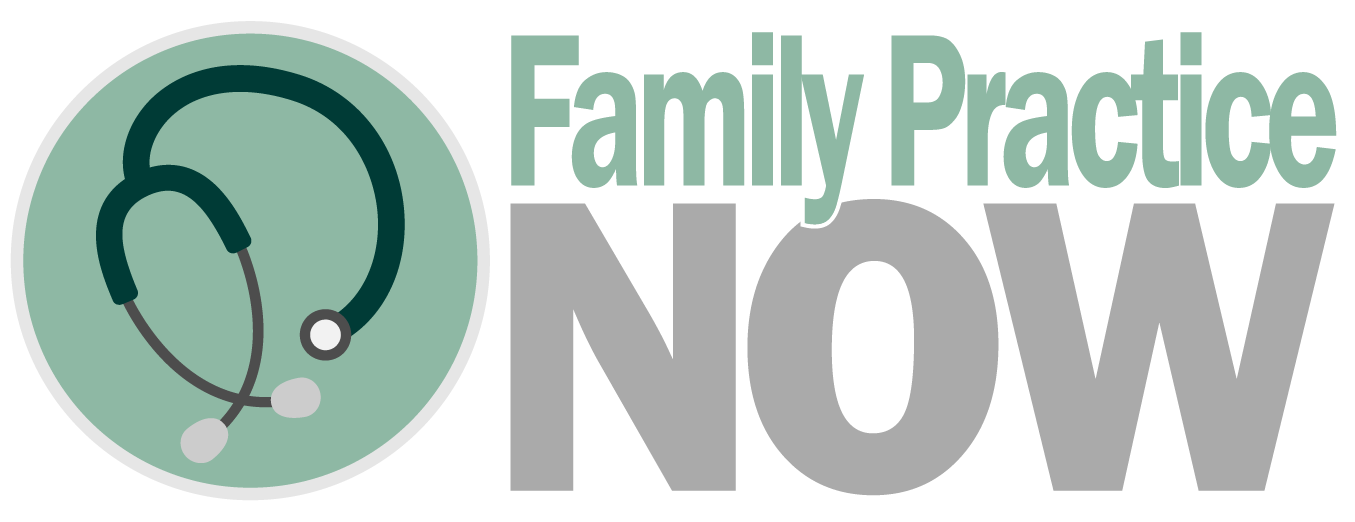Created by HealthCare Practitioners for the
Created by HealthCare Practitioners for the
Patients they Treat
Patients they Treat
Adult Vaccination and the Pneumococcal Pneumonia Vaccine
Immunization through all stages of life is very important, but
adult immunization in particular is something of interest. Adult immunization is important to
talk to your primary healthcare provider about because not all infectious diseases have been
eradicated.
Featured Topics
Evidence to guide us in creating healthy food
choices and the right exercise to help our mental state.
Dealing with Anxiety, Phobias or Chronic Worrying in Your Life
Generalized anxiety disorder is common and a person that’s
experiencing this particular condition tends to worry about everything in life, pretty much. So
when they go to bed, they start thinking about what’s going to happen the next day and they tend
to worry about everything that’s going to happen the next day.







